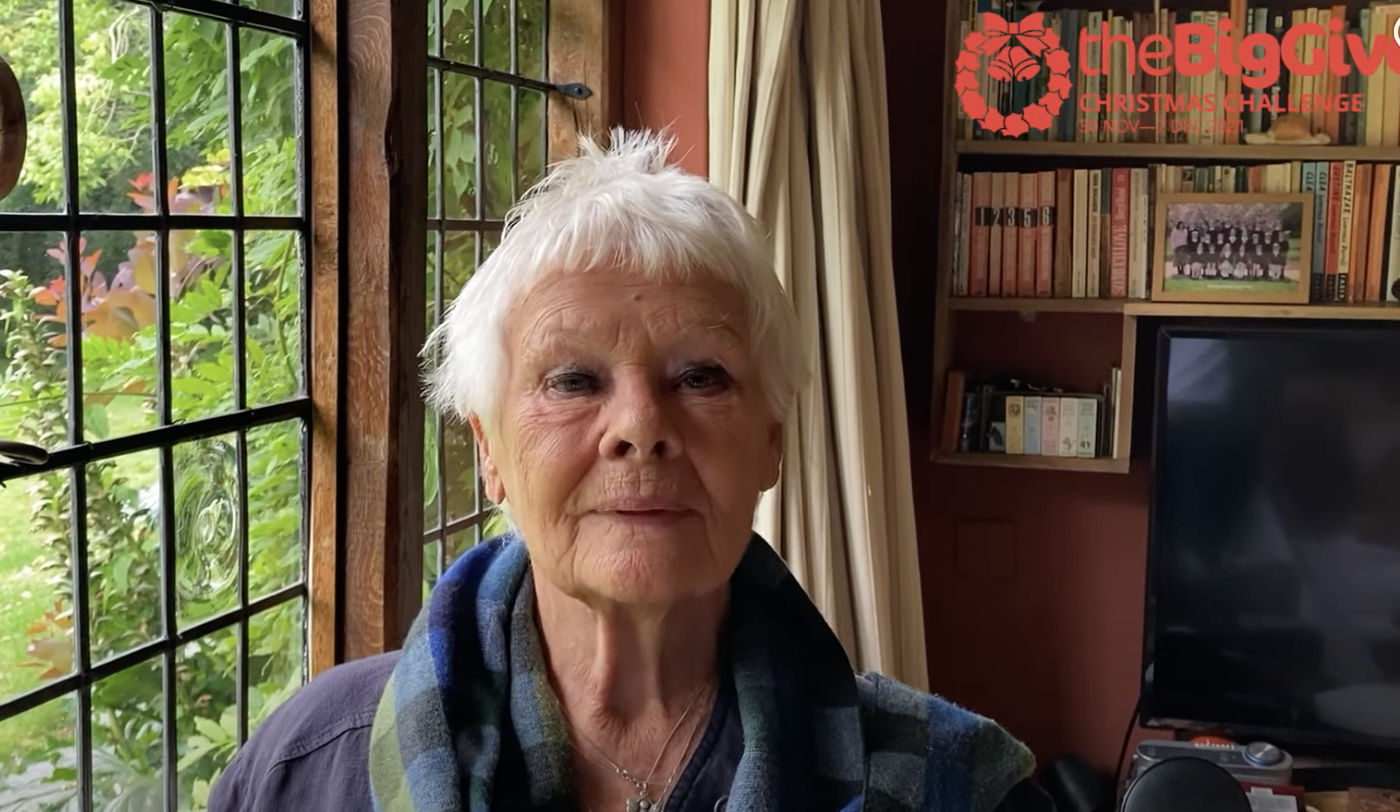The leadership of the UK’s largest charities “remain unrepresentative of the people they serve and employ”, researchers have found.
They found that only 13% of charity boards have gender parity, despite women taking up most roles in the sector.
Four in ten trustees are women, found the report, which notes that 68% of charity workers are female.
In addition, 29% of charities have all white boards and just over half (51%) of charities do not have a minority ethnic woman on their board.
Senior leadership teams are also impacted by a lack of diversity. Only 9% of top table teams are from a minority ethnic background.
The majority (84%) of senior leaders and trustees are white, compared to 82% of the UK population.
Meanwhile six out of the top 10 highest income charity boards with no minority ethnic representative are based in London, “despite being the most diverse region in the UK”, found Inclusive Boards, which has published the research in its 2022 Charities Inclusive Governance Report.
Inclusive Boards warn that charities are lagging behind other sectors on ethnic diversity in leadership roles.
“More women and people from minority ethnic backgrounds now sit on the UK's largest charity Boards than ever before,” states its report.
“However, this is starting from a low baseline and the sector still has a long way to go to become truly representative of its service users or to keep pace with the progress of other sectors, including the FTSE 100, on ethnic diversity.”
Being called for is the Charity Commission to introduce a requirement on charities with 250 of more employees to publish diversity data around their leadership roles. The regulator’s business plans also need to be updated to include a focus on equality, diversity and inclusion (EDI).
All charities need to aim for gender parity and use local benchmarks around targets for minority ethnic representation “as opposed to national benchmarks”.
Better recruitment is also needed, to increase awareness of roles and promote EDI schemes “to ensure a continuous pipeline of diverse candidates for senior leadership and board positions”.
This is the latest report to detail a lack of equality in leadership roles in the charity sector.
Earlier this month think tank Rogare produced an action plan to help fundraisers tackle its “institutionally sexist” sector. This also called for better recruitment to improve women’s access to top roles.
In January, the NCVO’s Road Ahead report, highlighted that “equity, diversity and inclusion remains a challenge for many organisations and communities”.
This highlighted the importance of data collection to “enrich” charities’ understanding of inequality and also of creating robust EDI practices.
Latest News
-
Refugee charities coalition names next chair
-
Knowledge gaps impacting legacy fundraising, research shows
-
Design agency launches pro bono scheme for charities
-
Sector warns youth centres at risk as utility bills consume half of total budget
-
Giving and volunteering at record low, research finds
-
Women’s justice charity’ handed its largest ever donation of £5m
Charity Times video Q&A: In conversation with Hilda Hayo, CEO of Dementia UK
Charity Times editor, Lauren Weymouth, is joined by Dementia UK CEO, Hilda Hayo to discuss why the charity receives such high workplace satisfaction results, what a positive working culture looks like and the importance of lived experience among staff. The pair talk about challenges facing the charity, the impact felt by the pandemic and how it's striving to overcome obstacles and continue to be a highly impactful organisation for anybody affected by dementia.
Charity Times Awards 2023
Mitigating risk and reducing claims

The cost-of-living crisis is impacting charities in a number of ways, including the risks they take. Endsleigh Insurance’s* senior risk management consultant Scott Crichton joins Charity Times to discuss the ramifications of prioritising certain types of risk over others, the financial implications risk can have if not managed properly, and tips for charities to help manage those risks.
* Coming soon… Howden, the new name for Endsleigh.
* Coming soon… Howden, the new name for Endsleigh.
Better Society

© 2021 Perspective Publishing Privacy & Cookies











Recent Stories